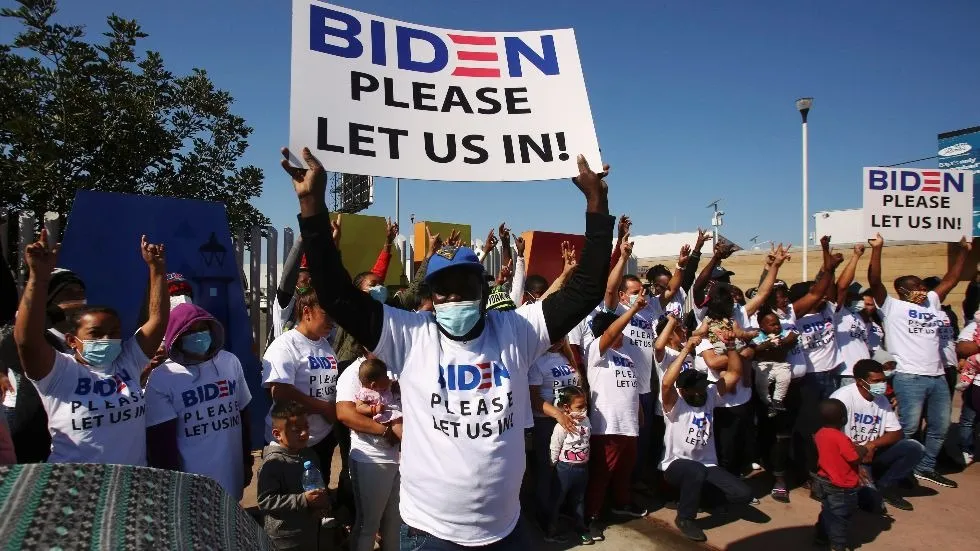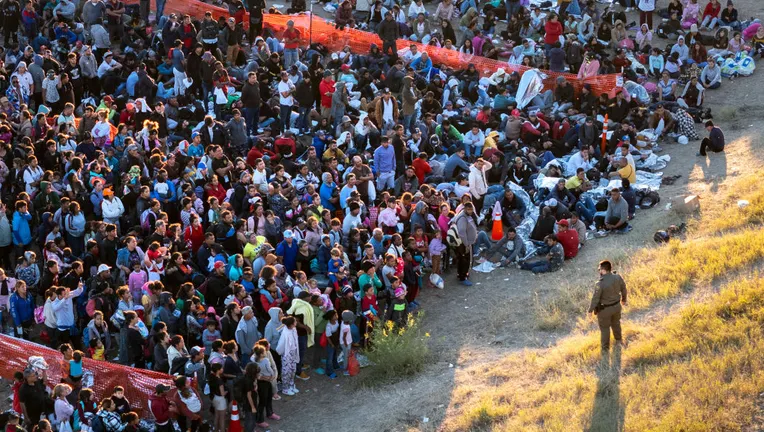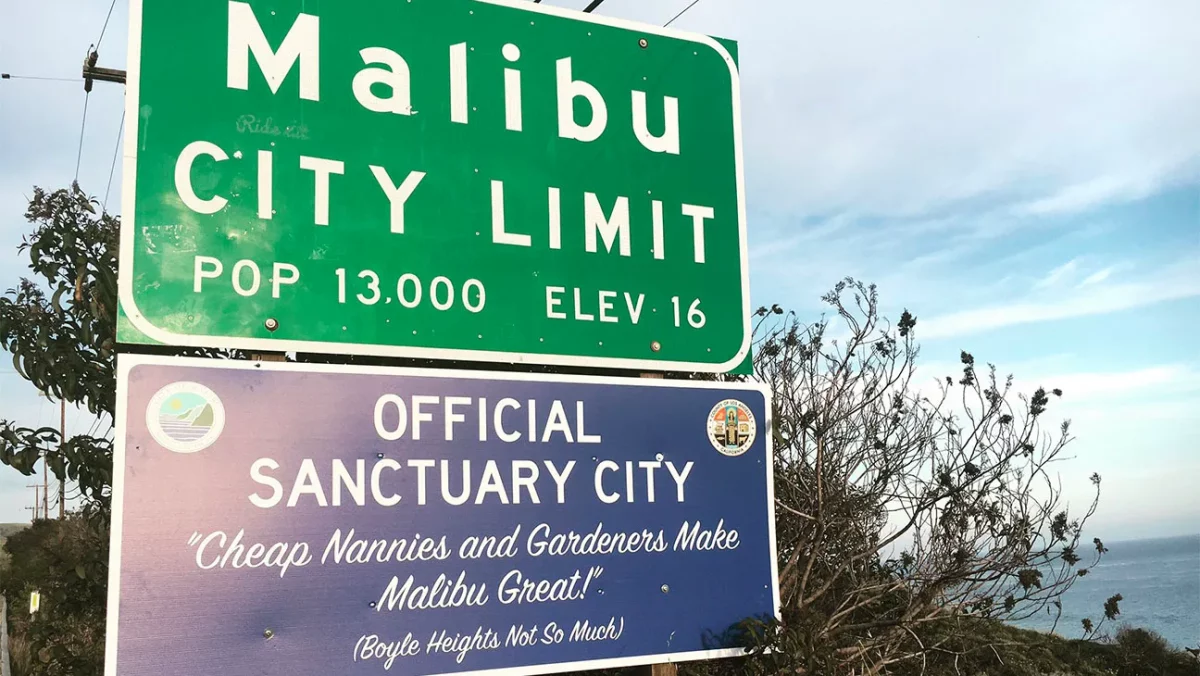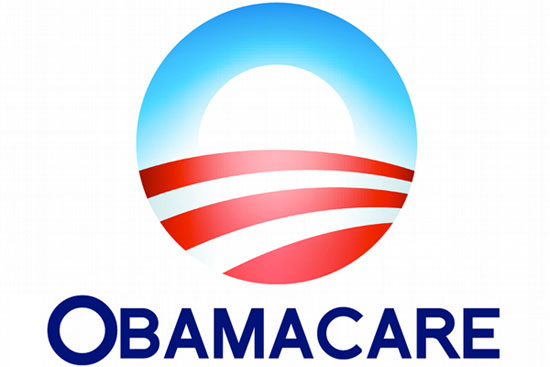TOPEKA – Kansas Attorney General Kris Kobach on Thursday filed a lawsuit in federal court to stop the Biden-Harris administration plan to give Obamacare to illegal aliens effective this coming November.
“Illegal aliens shouldn’t get a free pass into our country. They shouldn’t receive taxpayer benefits when they arrive, and the Biden-Harris administration shouldn’t get a free pass to violate federal law,” Kobach said announcing the lawsuit, which is joined by attorneys general from 14 other states. “That’s why I am leading a multistate lawsuit to stop this illegal regulation from going into effect,” Kobach said.
The final plan, set to take effect November 1, would make more than 200,000 deferred action for childhood arrival (DACA) recipients eligible for taxpayer-subsidized health plans, including 4,350 DACA recipients in Kansas. A Heritage Foundation study froim 2021 found President Obama’s signature Affordable Care Act (ACA) drove up average costs 129 percent for average workers and families between 2013 and 2019.

Kobach charges in the suit that the proposed regulation violates a federal law that prohibits giving public benefits to illegal aliens. It also violates the plain text of the Affordable Care Act, or Obamacare, itself, Kobach said.
“In the ACA, Congress limited eligibility to participate in a qualified health plan through a subsidized health exchange to citizens or nationals of the United States and individuals ‘lawfully present’ in the United States,” the complaint reads.
Attorneys general from Alabama, Idaho, Indiana, Iowa, Missouri, Montana, Nebraska, New Hampshire, North Dakota, Ohio, South Carolina, South Dakota, Tennessee, and Virginia have joined in the suit.
Read the full complaint here.
Illegal immigrants part of the record-breaking migrant crisis of recent years are eligible for a range of services, assistance and benefits amid a complex network of federal, state and local programs and taxpayer-funded providers. A recent analysis by Fox News estimated nearly 7.3 million migrants have crossed the southern border under President Biden’s watch, 2.4 million in 2023 alone.

Migrants who don’t successfully dodge Border Patrol agents and who are taken into custody at the border are processed and, if not removed, often released into the U.S. eventually with a notice to appear at an immigration court. Those court datres are typically years into the future due to the momentous backlog in the courts, which is now at nearly 3.6 million cases.
At the border , migrants who are taken into Customs and Border Protection (CBP) or Immigration and Customs Enforcement (ICE) custody will be cared for and given treatment as needed. In addition to shelter and meals, they will also be offered and provided essential medical care. When an illegal immigrant in ICE detention anywhere in the country requires health care, they are typically treated on-site by medical professionals. However, if specialist or emergency care is required, they may be transported to an independent private provider. ICE’s Health Service Corps will reimburse providers at Medicare rates.
If migrants are being released, they will often be turned over to non-governmental organizations (NGOs) at the border, who will care for migrants and help them make their way into the U.S.
While services and assistance are being provided by NGOs, in many cases this is being done with the assistance of federal dollars. In addition to caring for migrants at CBP stations, the federal government is providing hundreds of millions of dollars in funding to NGOs and communities who are receiving migrants. According to the Department of Homeland Security (DHS), it is providing $640.9 million in FY 2024 via its Shelter and Services Program to allow “non-federal entities,” including city governments and NGOs, to off-set costs incurred by the migrant arrivals they are seeing. Recently, DHS expanded the cap for both hotels and airfare to 10 percent of the total funding requested, and allowed NGOs to apply for a waiver of that cap due to an operational need.

NGOs will help migrants with hotel rooms and travel, which typically involves bus and train tickets, but can in some instances involve flights. Some migrants will book their own flights, while others will use bus travel coordinated by the office of Texas Gov. Greg Abbott, who has set up buses to take migrants to “sanctuary” cities across the U.S. free of charge.
A 2023 Government Accountability Office report found that the Federal Emergency Management Agency had provided more than $282 million in humanitarian relief grant funding to NGOs in fiscal years 2019, 2021 and 2022.
According to that report, services provided to migrants included food, clothing, transport to airports or bus stations, medical care, legal aid, translation assistance and assistance with booking travel. Those nonprofits said that typically the migrants pay for their own travel. The majority of the more than $10 million the report looked at was spent on food and shelter (about 58%). The next two categories were per capita spending (on individual food, shelter, health care) and transportation.

Meanwhile, another DHS pilot program — the Case Management Pilot Program — provides case management and other services to those in immigration removal proceedings. Services include mental health services, school enrollment, legal aid, “cultural orientation programs” and connections to social services — as well as human trafficking screening and departure planning for those being deported.
Sanctuaries
When migrants arrive at destinations across the country, what they can receive varies. Many “sanctuary” cities will provide shelter to migrants as part of their broader safety nets, and some have migrant-specific programs to help them build a life in the U.S. Some of those cities have still tried to limit the length at which they can stay, with New York City and Chicago limiting stays to 60 days for families earlier this year due to ongoing capacity issues.
In Denver, migrants can be enrolled in a program that offers “housing assistance options” for up to six months, along with pre-work authorization readiness training, case management, language instruction, career pathway explorations and “work-based learning opportunities.”
Should a migrant go to New York City, they may be eligible for a pre-paid debit card. A pilot program there involves $53 million being spent to give families with two children $350 a week. The cards can only be used at grocery stores, bodegas and convenience stores and migrants must promise to only spend on food and baby supplies. Authorities there said they wanted to see the program expanded to all migrant families currently staying in hotels. A family of four might be provided nearly $1,000 each month, or $35 per day for food, the New York Post reported. The cards are replenished every 28 days. New York State has also extended state-funded Medicaid coverage to individuals ages 65 and older, regardless of their immigration status.
New York City has also offered one-way plane tickets to migrants, with a “reticketing center” for migrants opened last year, where a spokesperson said the city will “redouble efforts to purchase tickets for migrants” who are seeking to travel elsewhere.

In California, this year is the first year that illegal immigrants are eligible for Cal-Health. Illegal immigrants have been allowed to get free health insurance if they are under 26 since 2019, but in 2024 the eligibility was raised to include residents between 26 and 49.
In Washington, D.C., illegal immigrants can receive health coverage via the longstanding Healthcare Alliance program. In Oregon, the Cover All People Act extended state-funded healthcare coverage to all low-income adults not eligible due to their immigration status. There has been a similar push to expand state-funded health insurance to illegal immigrant children in Virginia.
As she moved toward her re-election bid in 2022, Governor Kelly signed a Republican-backed bill that banned a plan by the Unified Goverment of Wyandotte County to issue municipal IDs to residents – including illegals – unable to get legal photo IDs. That WYCO plan would also have prohibited local law enforcement from cooperating with ICE unless of a direcdt public safety threat or a warrant signed by a judge.
Some cities and states will also provide assistance for illegal immigrants’ legal costs. In Chicago, the Legal Protection Fund was established in 2017 and is funded by taxpayers through the city government and partners with NGOs to provide “community-based outreach, education, legal consultations and courtroom representation for thousands of immigrants each year.”
This story borrowed background from a previous Fox News report.
Dane Hicks is a graduate of the University of Missouri School of Journalism and the United States Marine Corps Officer Candidate School at Quantico, VA. He is the author of novels "The Skinning Tree" and "A Whisper For Help." As publisher of the Anderson County Review in Garnett, KS., he is a recipient of the Kansas Press Association's Boyd Community Service Award as well as more than 60 awards for excellence in news, editorial and photography.





